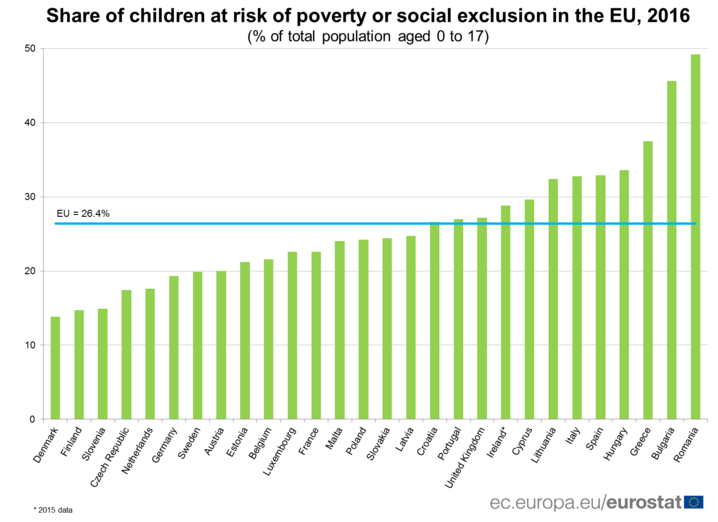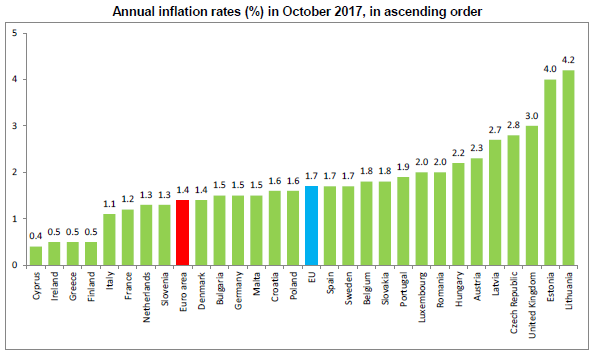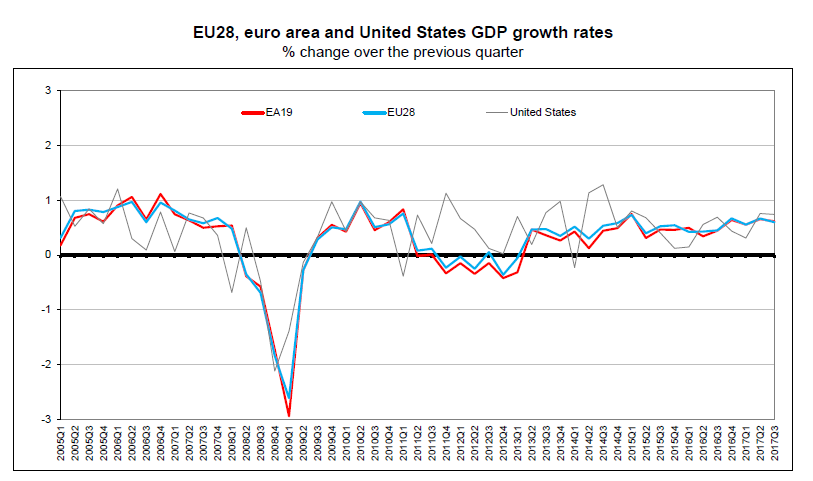Dani Rodrik, (2017), “Rescuing Economics From Neoliberalism”, Social Europe, 17 Νοεμβρίου As even its harshest critics concede, neoliberalism is hard to pin down. In broad terms, it denotes a preference for markets over government, economic incentives over social or cultural norms, and private entrepreneurship over collective or community action. It has been used to describe a wide range of phenomena—from Augusto Pinochet to Margaret Thatcher and Ronald Reagan, from the …Read More
Basel III and Bank-Lending: Evidence from the United States and Europe
Sami Ben Naceur, Caroline Roulet, (2017), “Basel III and Bank-Lending: Evidence from the United States and Europe”, IMF Working Paper No.17/245, 15 Νοεμβρίου Using data on commercial banks in the United States and Europe, this paper analyses the impact of the new Basel III capital and liquidity regulation on bank-lending following the 2008 financial crisis. We find that U.S. banks reinforce their risk absorption capacities when expanding their credit activities. …Read More
Δυναμική ανάπτυξη στην Ε.Ε. με στήριξη από την ΕΚΤ
Έφη Τριήρη, (2017), “Δυναμική ανάπτυξη στην Ε.Ε. με στήριξη από την ΕΚΤ”, naftemporiki.gr, 19 Νοεμβρίου Το καλύτερο έτος στη διάρκεια της τελευταίας δεκαετίας αναμένεται να είναι το φετινό για την οικονομία της Ευρωζώνης, η οποία πιστεύεται ότι θα διατηρήσει σταθερή τη δυναμική της και το επόμενο έτος, έχοντας στο πλευρό της την άφθονη ρευστότητα και την υποστηρικτική νομισματική πολιτική της ΕΚΤ. Η οικονομία της Ευρωζώνης είναι απρόσμενα ισχυρή στη διάρκεια …Read More
Sovereign Concentration Charges: A New Regime for Banks’ Sovereign Exposures
Nicolas Veron, (2017), “Sovereign Concentration Charges: A New Regime for Banks’ Sovereign Exposures”, Bruegel, 17 Νοεμβρίου Europe’s banking union has been central to the resolution of the euro-area crisis. It has had an encouraging start but remains unfinished business. If it remains in its current halfway-house condition, it may eventually move backwards and fail. EU leaders should seize these opportunities Σχετικές Αναρτήσεις Kizys, Renatas, Paltalidis, Nikos, Vergos, Konstantinos, (2015), «Bailouts …Read More
EU children at risk of poverty or social exclusion
Eurostat/EU children at risk of poverty or social exclusion/20 Νοεμβρίου 2017 In 2016, 24.8 million children in the European Union (EU), or 26.4% of the population aged 0 to 17, were at risk of poverty or social exclusion. This means that the children were living in households with at least one of the following three conditions: at-risk-of-poverty after social transfers (income poverty), severely materially deprived or with very low work …Read More
Confidence in euro zone expansion strong among economists
Mumal Rathore, Shrutee Sarkar, (2017), “Confidence in euro zone expansion strong among economists”, Reuters, 17 Νοεμβρίου The euro zone economy will mark its best year in a decade and maintain solid growth well into 2018, according to economists in a Reuters poll who said the risk was that their forecasts might not be optimistic enough. Inflation, last clocked at 1.4 percent, is expected to stay below the European Central Bank’s target …Read More
Annual inflation down to 1.4% in the euro area
Eurostat/Annual inflation down to 1.4% in the euro area/16 Νοεμβρίου 2017 Euro area annual inflation was 1.4% in October 2017, down from 1.5% in September. In October 2016, the rate was 0.5%. European Union annual inflation was 1.7% in October 2017, down from 1.8% in September. A year earlier the rate was 0.5%. These figures come from Eurostat, the statistical office of the European Union. Σχετικές Αναρτήσεις Eurostat/Euro area annual inflation down …Read More
Fiscal Spillovers in the Euro Area: Letting the Data Speak
Era Dabla-Norris, Pietro Dallari, Tigran Poghosyan, (2017), “Fiscal Spillovers in the Euro Area: Letting the Data Speak”, IMF Working Paper No. 17/241, 15 Νοεμβρίου We estimate a panel VAR model that captures cross-country, dynamic interlinkages for 10 euro area countries using quarterly data for the period 1999-2016. Our analysis suggests that fiscal spillovers are significant and tend to be larger for countries with close trade and financial links as well, as for fiscal …Read More
GDP up by 0.6% in both euro area and EU28
Eurostat/GDP up by 0.6% in both euro area and EU28/14 Νοεμβρίου, 2017 Seasonally adjusted GDP rose by 0.6% in both the euro area (EA19) and the EU28 during the third quarter of 2017, compared with the previous quarter, according to a flash estimate published by Eurostat, the statistical office of the European Union. In the second quarter of 2017, GDP grew by 0.7% in both zones. Compared with the same quarter of the …Read More
Democracy Beyond the Nation-State
Kemal Dervis, (2017), “Democracy Beyond the Nation-State”, Project Syndicate, 14 Νοεμβρίου According to the Harvard economist Dani Rodrik, it is impossible to have full national sovereignty, democracy, and globalization simultaneously. The concept of a “political trilemma of the world economy” is useful, but it becomes less binding when one takes into account levels of government above and especially below the nation-state. Σχετικές Αναρτήσεις Harold James, (2017), «Europe’s Hard-Core Problem», Project …Read More







